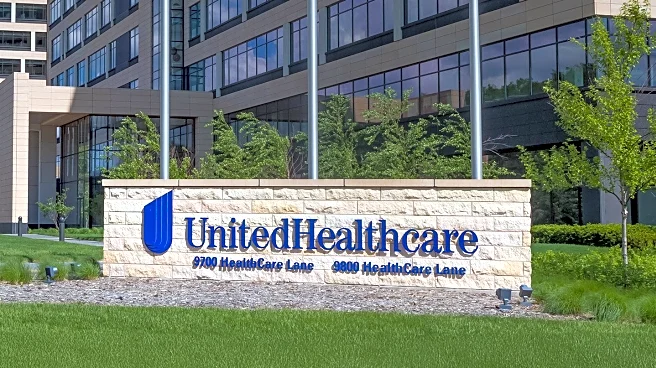What's Happening?
Humana and Providence have announced a new partnership to create a scalable data exchange ecosystem aimed at improving healthcare interoperability. The initiative will initially focus on automating member attribution for Humana Medicare Advantage members,
helping providers understand patient care responsibilities. The collaboration uses HL7 Fast Healthcare Interoperability Resources (FHIR), Da Vinci Project Implementation Guides, and modern APIs to build a shared foundation of administrative, financial, and clinical data. This framework is designed to be replicable across the healthcare industry, reducing administrative burdens and enhancing clinical decision-making.
Why It's Important?
The partnership between Humana and Providence represents a significant step towards achieving true interoperability in healthcare, which can streamline care coordination and reduce costs. By using standardized data formats and modern technology, the initiative aims to overcome the challenges posed by fragmented data systems. This development is crucial for advancing value-based care contracts, improving patient outcomes, and reducing paperwork for both providers and patients. The collaboration aligns with the interoperability pledge made to the White House and CMS, highlighting the industry's commitment to enhancing data accessibility and personalization.
What's Next?
As the data exchange ecosystem goes live, Humana and Providence will continue to develop additional capabilities to further reduce administrative burdens and improve clinical decision-making. The CMS Interoperability and Prior Authorization Final Rule will soon require payers to implement processes and API capabilities to open up data systems. This initiative could serve as a model for other healthcare organizations, encouraging widespread adoption of interoperability standards. The success of this partnership may lead to further collaborations and innovations in healthcare data exchange.
Beyond the Headlines
The move towards interoperability in healthcare raises ethical considerations regarding data privacy and security. Ensuring that patient data is protected while being accessible to authorized parties is crucial. The initiative also highlights the cultural shift in healthcare towards more collaborative and technology-driven approaches. Long-term, this development could lead to a more integrated healthcare system, where data-driven insights play a central role in patient care and policy-making.















